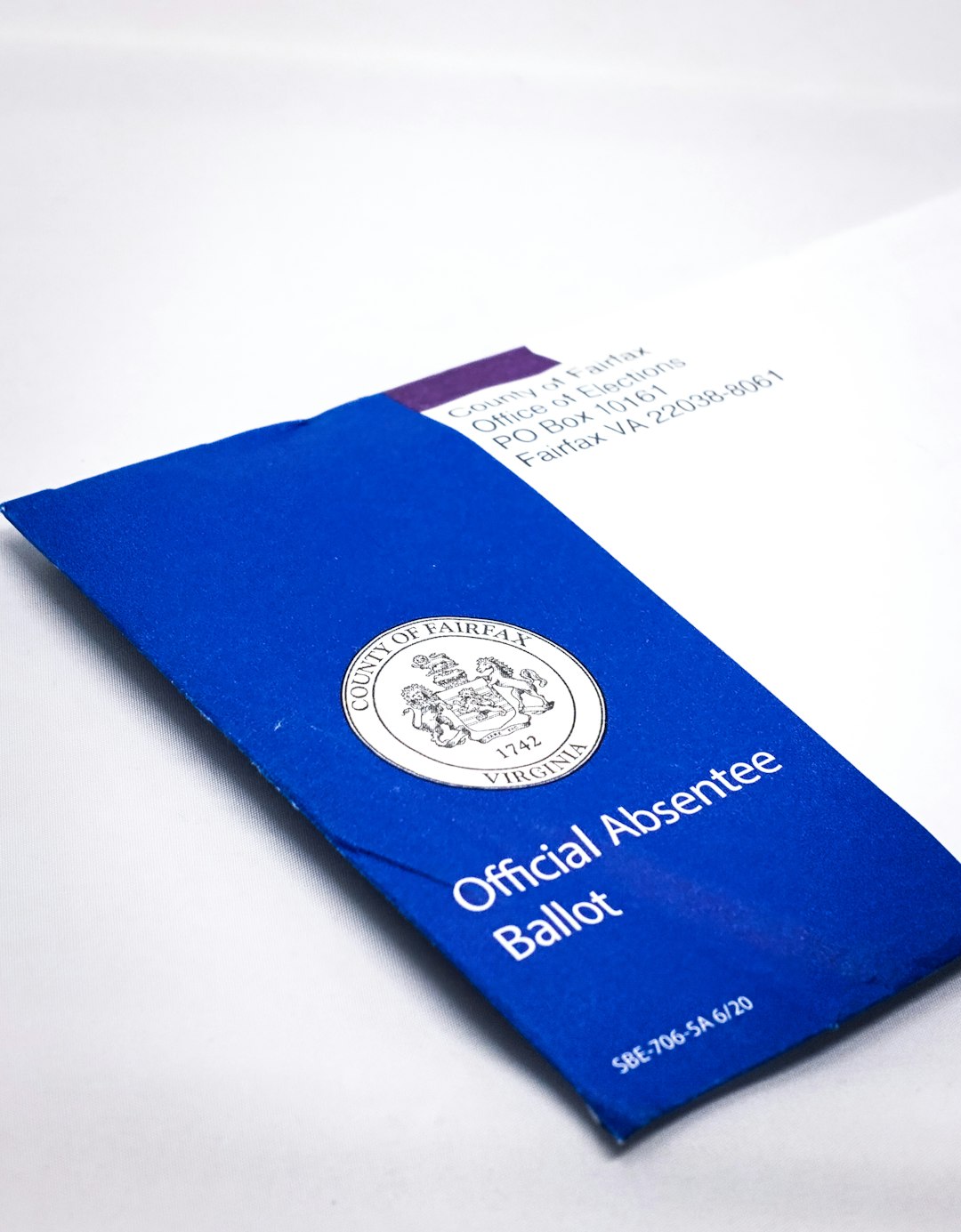H1B visa holders who previously enjoyed the convenience of renewing their visas through the simplified Dropbox process are now facing tighter regulations. As U.S. immigration policies continue to evolve, recent changes to Dropbox eligibility and procedures aim to heighten security and scrutiny. If you’re an H1B worker planning to travel outside the U.S. or renew your visa soon, understanding the new updates is crucial to prevent unexpected delays and rejections.
TLDR: H1B Dropbox Just Got Tighter – What You Should Know
The U.S. Department of State has revised the eligibility criteria for the H1B Dropbox process, making it more selective than before. Now, even minor discrepancies between old and new visa applications can disqualify someone from availing the interview waiver. There is increased scrutiny, especially around employer information, job roles, and security-related considerations. H1B holders must review the new rules carefully and prepare additional documentation in case they are called in for an interview.
What Exactly is the Dropbox Process?
The “Dropbox” refers to the Interview Waiver Program (IWP) for U.S. visa renewals, primarily used in India and a few other countries. This streamlined process allows eligible applicants to skip in-person interviews when renewing their visas. Instead, they can submit their documents at designated collection centers, known as drop-off locations.
This method has long been praised for saving time, reducing consulate visits, and minimizing workload at embassies. However, it also carried the risk of potential misuse or oversight, which authorities are now attempting to mitigate with stricter controls.
Recent Changes to H1B Dropbox Eligibility
Here’s a breakdown of what’s tightening in the Dropbox process for H1B applicants:
- Stringent application matching: Minor differences between your previous and current visa applications (job title, salary, company name, etc.) could now require you to attend an interview.
- Shorter validity check: Eligibility often required your visa to have expired within the last 48 months. Now, additional scrutiny checks may override this even if that condition is met.
- Employer scrutiny: New policies emphasize the need to authenticate your current employer and job responsibilities, especially if you’re working for a staffing or consulting firm.
- Previous visa annotations: A prior visa with annotations such as Administrative Processing, 221(g), or additional security clearances could automatically disqualify you from Dropbox use this time.
In other words, just because you were eligible for Dropbox in the past doesn’t guarantee eligibility now. You’ll need to re-evaluate your profile under these tightened rules.
Why the Change?
Several factors motivated this shift toward stricter Dropbox scrutiny:
- Security concerns: As geopolitical tensions rise and visa fraud cases increase, the U.S. wants greater control in ensuring every candidate is properly vetted.
- High volume: The number of H1B renewals has risen dramatically in the post-pandemic travel wave, pushing consular resources to their limit.
- Misuse of the IWP: Some bad actors reportedly misused the Dropbox system by submitting inconsistent or misleading documentation, prompting authorities to plug these gaps.
The result? A system that used to be a lifeline for busy professionals now includes a higher bar for transparency and accuracy.

Key Differences Between Previous and Updated Dropbox Requirements
| Criteria | Old Dropbox Process | New Dropbox Process |
|---|---|---|
| Visa validity requirement | Expired within 48 months | Additional scrutiny regardless of expiry date |
| Interview waiver | Often granted automatically | More selective, risk-based exclusions |
| Changes in employer or role | Potentially allowed | Often triggers mandatory interview |
| Past visa annotations | Not heavily weighted | Could revoke Dropbox eligibility |
How This Impacts You as an H1B Holder
The practical consequences of the tighter Dropbox rules may vary by applicant. Here are some real-time implications:
- Longer wait times: If you’re no longer eligible for Dropbox, you’ll need to book a regular visa interview, which may have longer appointment backlogs.
- Need for additional documentation: Ensure your DS-160 form, employment letters, pay stubs, and LCA (Labor Condition Application) are all up-to-date and consistent.
- Risk of 221(g) administrative processing: If the consulate officer detects inconsistencies, you may be handed a 221(g) slip, delaying your visa issuance for weeks or even months.

Tips to Navigate the Updated Dropbox Process Smoothly
While the new rules may seem daunting, you can still optimize your experience by staying well-prepared and proactive:
- Do a document audit: Ensure your I-797, pay slips, W2s, and employer letters reflect a consistent and accurate employment history.
- Use the correct DS-160: Double-check each field for accuracy, particularly job title, duties, and address. Even minor errors could trigger ineligibility.
- Stay informed on regional policies: Dropbox rule implementations may vary slightly depending on the U.S. embassy or consulate you are applying through.
- Consult with an immigration attorney: Especially if you’ve switched employers or experienced earlier administrative processing issues, getting professional advice could save you major delays.
Who is Still Eligible for Dropbox?
Despite the stricter rules, some applicants still qualify for Dropbox if they meet all of these conditions:
- Your previous visa was issued in the same category (H1B) and is still valid or expired within the last 48 months.
- You were not denied a U.S. visa in any category since your last approval.
- You are applying from your home country (e.g., Indian nationals applying in India).
- Your previous visa was granted without annotation for extra scrutiny or conditions.
If you check all these boxes, you’re likely still eligible—but staying cautious and confirming your eligibility before scheduling is highly recommended.
What This Means for Employers
For businesses employing H1B workers, this change adds a layer of logistical challenge:
- Project timelines may shift if key staff face unexpected visa delays.
- Companies should assist employees in gathering detailed employment documentation to support smooth processing.
- Legal teams need to stay alert to evolving immigration policies, especially around job changes, hybrid work models, and offsite staffing scenarios.
Ultimately, companies and employees alike must treat the visa renewal process as a strategic priority rather than a routine requirement.
Looking Ahead: Will More Changes Come?
Given the current trends, it’s likely that H1B visa processing—including Dropbox—will face periodic updates for enhanced vetting. Immigration remains a sensitive and political issue in the U.S., and visa policies are often adjusted in response to public sentiment or security findings.
Staying updated through official consulate websites, travel forums, and credible legal sources will help applicants prepare for future shifts and avoid unpleasant surprises.
Final Thoughts
The Dropbox tightening for H1B renewals is a signal that immigration convenience now comes with extra responsibilities. With accuracy, preparation, and awareness, however, eligible applicants can still take advantage of this time-saving option. If you’re planning international travel or an H1B renewal soon, now is the time to revisit your application strategy and ensure you’re aligned with the new expectations.
